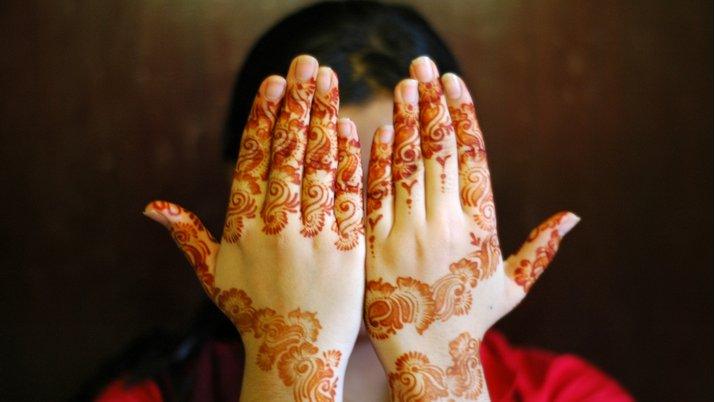Ramadan: How PE lessons can change during Muslim holy month
- Published
- comments
How will some PE lessons look this Ramadan?
The Islamic holy month of Ramadan begins on the 10th March.
It's a very important time in the Islamic calendar, with Muslims all over the world taking part.
During Ramadan, lots of Muslims fast. This means they don't eat or drink anything from dawn to sunset and they also take part in important prayers.
It is common for Muslims to have a meal (known as the suhoor) just before dawn during Ramadan, and another (known as the iftar) after sunset.
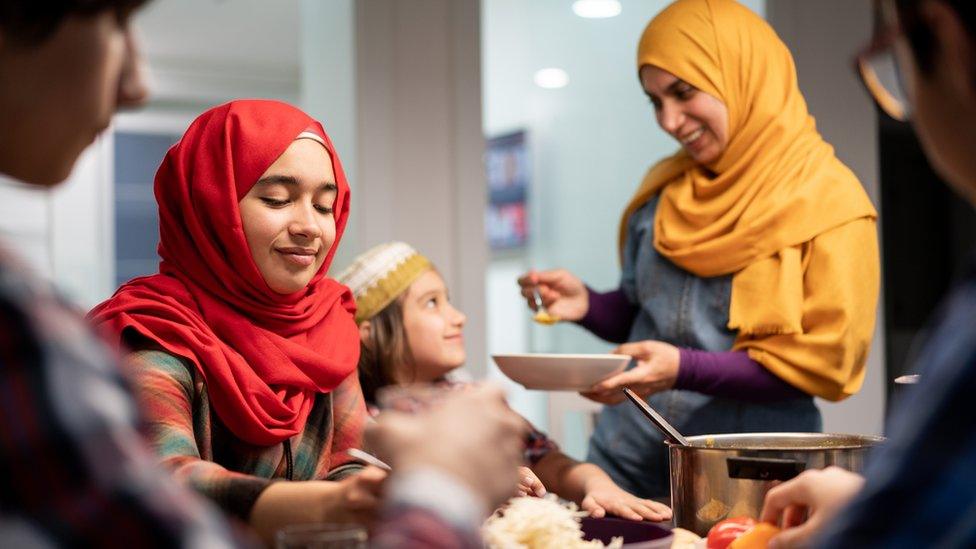
It is common for Muslims to have a meal (known as the suhoor) just before dawn during Ramadan, and another (known as the iftar) directly after sunset
Muslims believe that fasting helps them to honour and draw closer to God.
It's also a time for those fasting to remember people around the world who don't have the same access to food.
People make a special effort to connect with their communities and reach out to people who need help during Ramadan.
How might PE look different for students fasting?
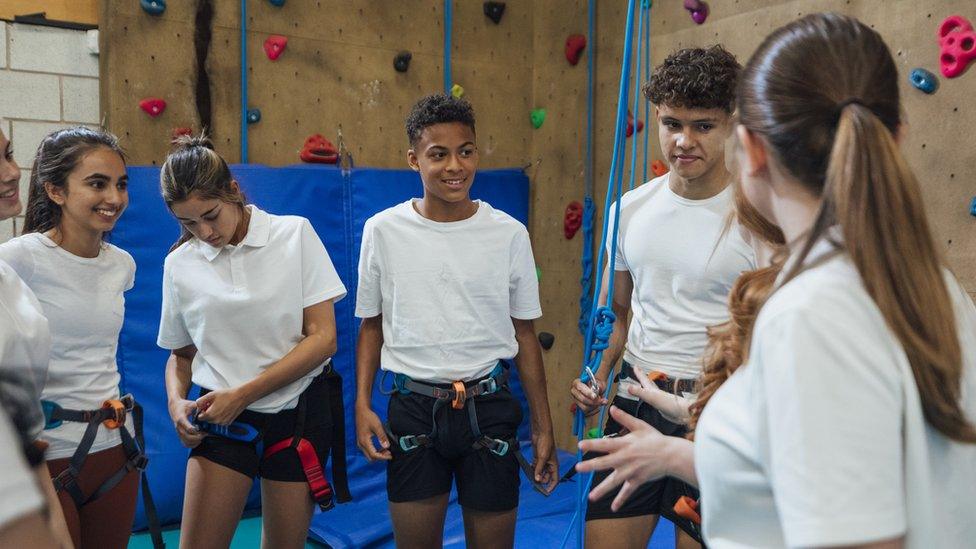
PE lessons can often require lots of energy
Although Ramadan means a big shift in routine for lots of Muslims, young people taking part across the UK this year will still be attending school and taking part in lessons as usual.
However, one lesson that may look a little different for some is physical education, or PE.
PE often involves physical activities or sports which require lots of energy.
As fasting means some students may have less energy throughout the day, some schools have chosen to make changes to lessons to make sure students can still be active and enjoy themselves, but without getting too tired.
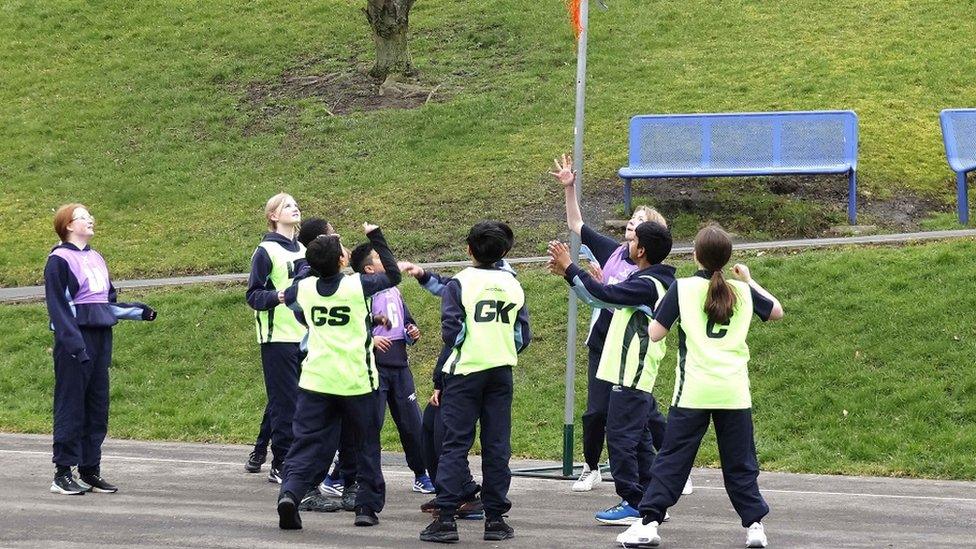
New guidance from Birmingham City University, and backed by organisations including the Youth Sport Trust and the Association of Physical Education, also gives advice on what schools can do to make sure all students can safely take part in PE lessons during this time.
"Ensuring regular access to PE, sport and activity is vital for the physical, emotional and social wellbeing of children and young people," said Vicci Wells who is the head of sport at the Youth Sport Trust.
"This valuable guidance empowers teachers and practitioners to collaborate with pupils, creating an environment in which they can safely and happily participate in PE and sport during Ramadan."
- Published11 March 2024
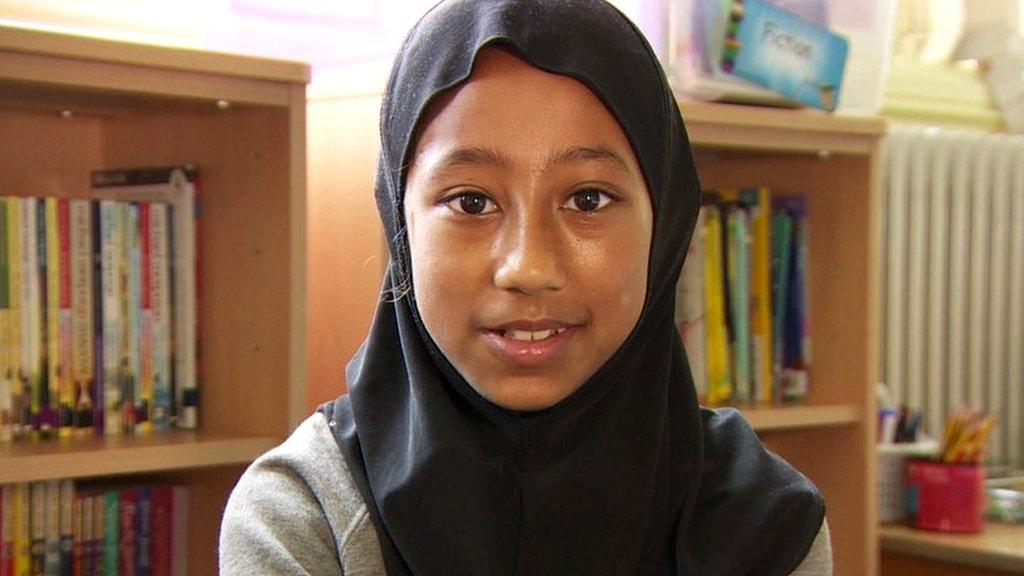
- Published26 June 2023
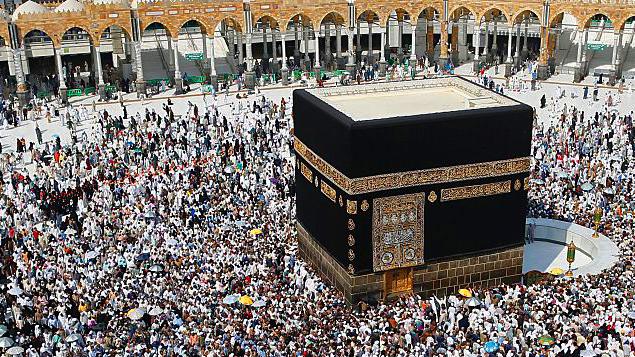
- Published10 April 2024
